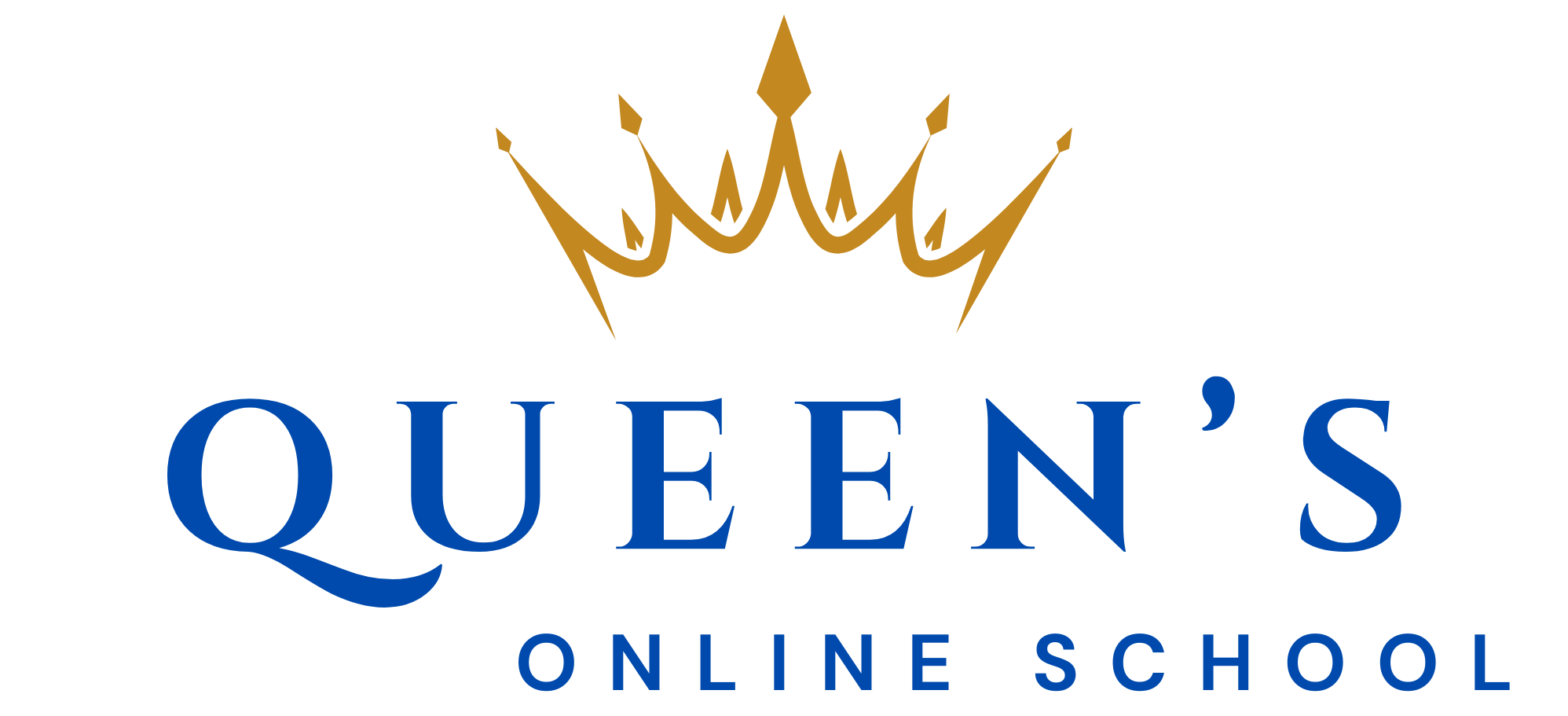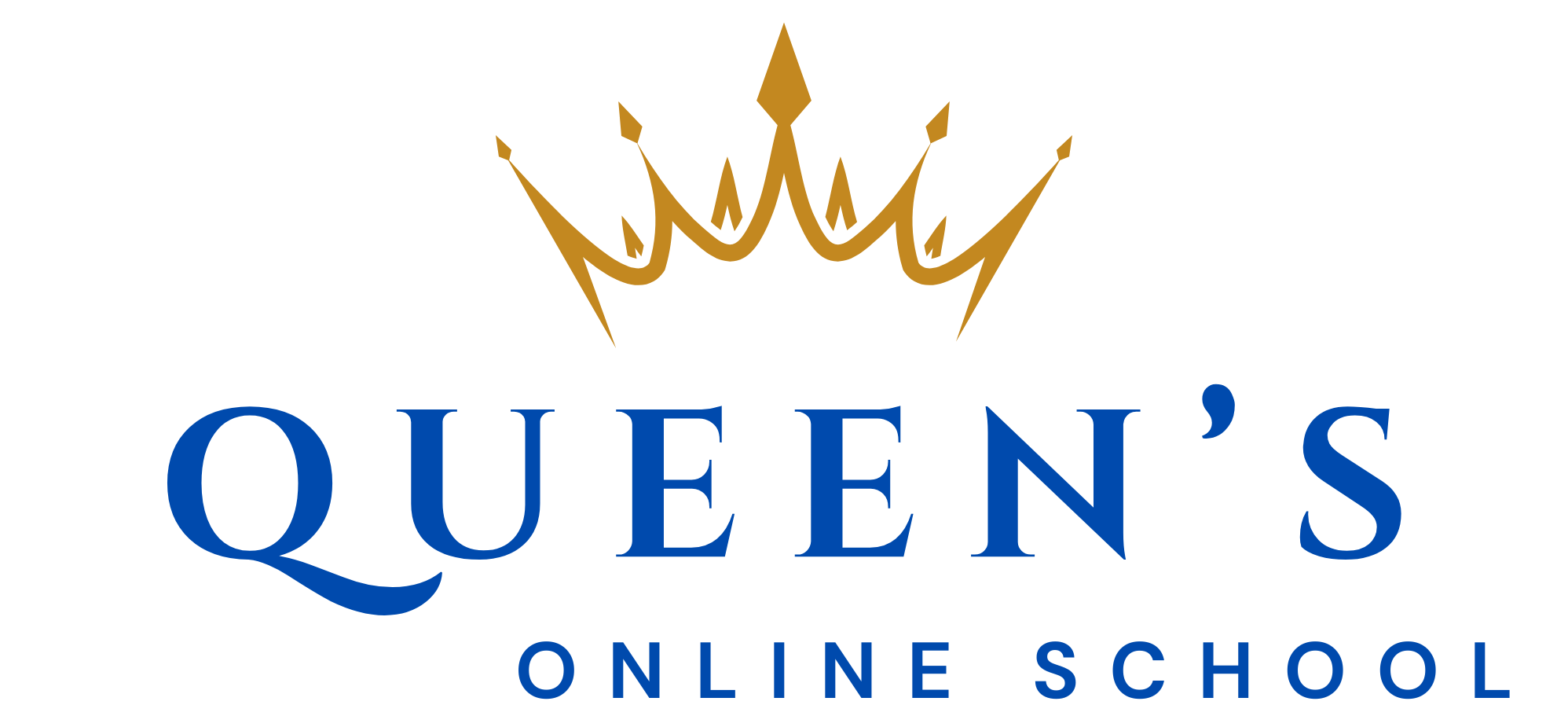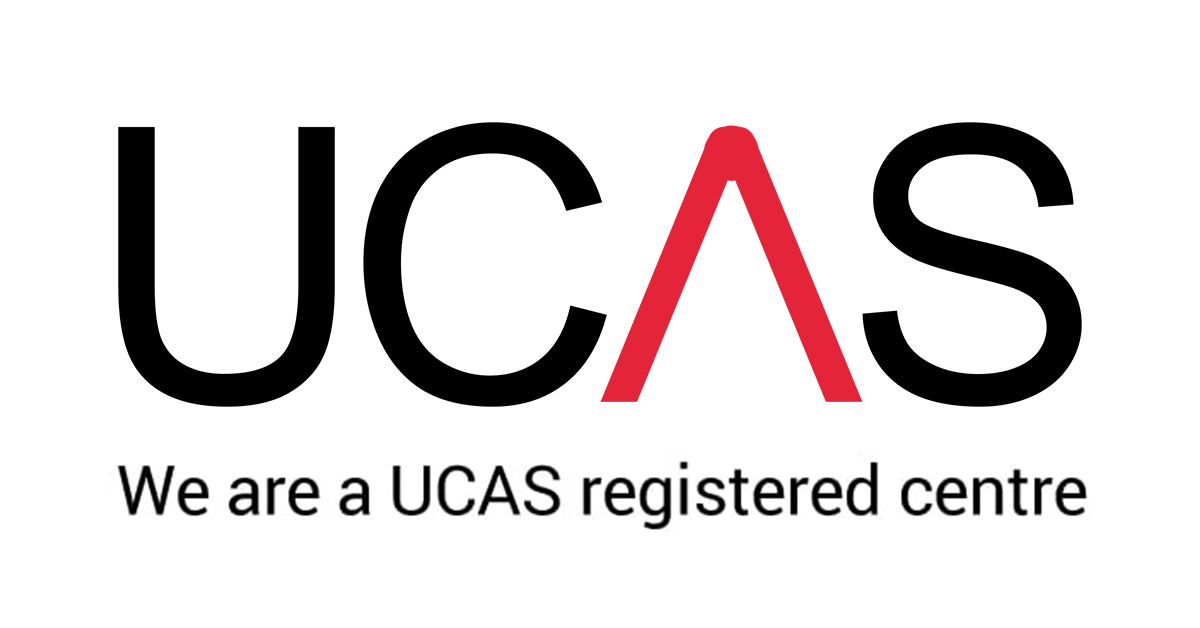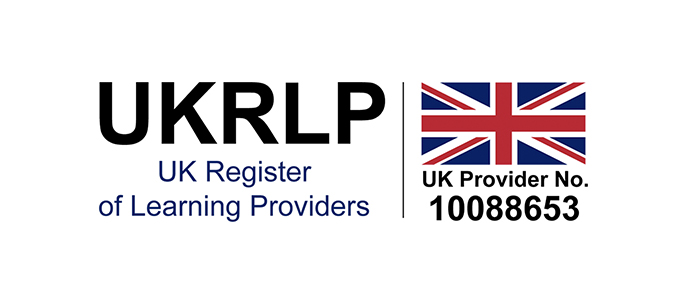International A Level Chemistry (IAS/IAL)
Pearson Edexcel – Qualification Codes: XCH11 (IAS), YCH11 (IAL)
Why Study This Course?
The Pearson Edexcel International Advanced Level in Chemistry provides students with a strong foundation in chemical principles, practical experimentation, and problem-solving skills. It is essential for students aiming for higher education in chemistry, medicine, engineering, and environmental sciences.
This course is ideal for students who:
- Have a keen interest in chemical reactions, materials science, and molecular interactions.
- Want to develop scientific and analytical skills applicable to medical, pharmaceutical, and industrial fields.
- Enjoy conducting practical experiments and applying theoretical knowledge to real-world chemistry.
- Are considering university degrees in Chemistry, Medicine, Pharmacy, Biochemistry, Engineering, or Environmental Science.
- Wish to gain a globally recognised qualification that enhances university applications and career opportunities.
Who is This Course For?
This course is suitable for students who:
- Enjoy investigating how substances interact at an atomic and molecular level.
- Want to develop strong laboratory skills and problem-solving techniques.
- Aspire to careers in chemical research, healthcare, forensics, and energy industries.
- Have a logical and methodical approach to scientific investigation.
This course fosters critical thinking, experimental proficiency, and quantitative analysis, essential for higher education and careers in science.
1. Laboratory and Analytical Techniques
- Conducting titrations, chromatography, and calorimetry.
- Performing organic synthesis and transition metal complex formation.
- Applying error analysis and data interpretation.
2. Critical Thinking and Problem-Solving
- Evaluating chemical processes and reaction mechanisms.
- Applying chemical concepts to industrial and environmental problems.
- Understanding how theoretical models apply to real-world chemistry.
3. Mathematical and Data Analysis Skills
- Using stoichiometric calculations and mole concepts.
- Understanding rate equations and equilibrium constants.
- Applying statistical analysis to chemical experiments.
The course assesses students based on the following objectives:
| Objective | Description | Weighting |
|---|---|---|
| AO1 | Demonstrate knowledge and understanding of chemical concepts | 30% |
| AO2 | Apply knowledge and understanding in practical and theoretical contexts | 40% |
| AO3 | Analyse, interpret, and evaluate scientific data and experimental findings | 30% |
Strong Preparation for A-Level and Beyond
This course provides a solid foundation for degree-level study in Chemistry, Medicine, Engineering, and Life Sciences.
Recognition by Top Universities
The Pearson Edexcel International A-Level in Chemistry is widely recognised by universities, employers, and research institutions worldwide.
Development of Advanced Scientific and Research Skills
Students develop investigative, mathematical, and laboratory skills, which are essential in medicine, environmental science, and pharmaceuticals.
Engaging and Real-World Applications
The course covers industrial chemistry, sustainability, and chemical innovation, ensuring students engage with relevant and impactful topics.
Course Structure
The qualification consists of six externally assessed written units, divided into two levels:
International Advanced Subsidiary (IAS) – Equivalent to AS Level
Unit 1: Structure, Bonding, and Introduction to Organic Chemistry (IAS – 20%)
Exam Duration: 1 hour 30 minutes
Assessment Format: External written examination
Topics Covered:
- Atomic Structure and Periodicity – The periodic table, electron configuration, and ionisation energy.
- Bonding and Molecular Structure – Ionic, covalent, and metallic bonding; intermolecular forces.
- Formulae, Equations, and Stoichiometry – Writing balanced equations, mole calculations, and reaction yields.
- Introduction to Organic Chemistry – Functional groups, isomerism, and the basics of alkanes and alkenes.
Unit 2: Energetics, Group Chemistry, Halogenoalkanes, and Alcohols (IAS – 20%)
Exam Duration: 1 hour 30 minutes
Assessment Format: External written examination
Topics Covered:
- Energetics and Thermodynamics – Enthalpy changes, Hess’s Law, and calorimetry.
- Group Chemistry – Properties and reactions of Groups 1, 2, and 7.
- Halogenoalkanes and Alcohols – Substitution and elimination reactions, reaction mechanisms.
- Kinetics and Equilibria – Collision theory, activation energy, Le Chatelier’s principle.
Unit 3: Practical Skills in Chemistry I (IAS – 10%)
Exam Duration: 1 hour 20 minutes
Assessment Format: External written examination
Topics Covered:
- Experimental design and data collection techniques.
- Performing titrations, calorimetry, and qualitative analysis.
- Understanding error analysis and risk assessment in laboratory work.
International Advanced Level (IAL) – Full A-Level
Unit 4: Rates, Equilibria, and Further Organic Chemistry (IA2 – 20%)
Exam Duration: 1 hour 45 minutes
Assessment Format: External written examination
Topics Covered:
- Reaction Kinetics and Equilibrium – Rate equations, catalysts, and Le Chatelier’s principle.
- Acid-Base Equilibria – pH calculations, buffer solutions, and titrations.
- Further Organic Chemistry – Aldehydes, ketones, carboxylic acids, and esters.
- Organic Mechanisms and Synthesis – Nucleophilic addition, electrophilic substitution, and reaction pathways.
Unit 5: Transition Metals and Organic Nitrogen Chemistry (IA2 – 20%)
Exam Duration: 1 hour 45 minutes
Assessment Format: External written examination
Topics Covered:
- Transition Metals – Properties, complex ions, and ligand exchange reactions.
- Redox Equilibria – Oxidation-reduction reactions, electrochemical cells, and standard electrode potentials.
- Organic Nitrogen Chemistry – Amines, amides, amino acids, and protein chemistry.
- Spectroscopy and Analytical Chemistry – IR, NMR, and mass spectrometry for compound identification.
Unit 6: Practical Skills in Chemistry II (IA2 – 10%)
Exam Duration: 1 hour 20 minutes
Assessment Format: External written examination
Topics Covered:
- Advanced laboratory skills including distillation, chromatography, and qualitative tests.
- Analysing and interpreting experimental data from complex investigations.
- Mathematical calculations and statistical techniques in chemical experiments.






